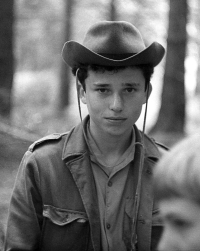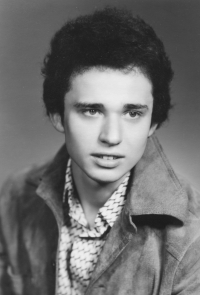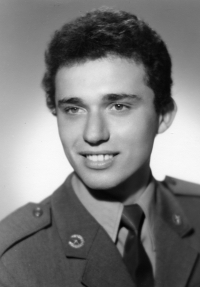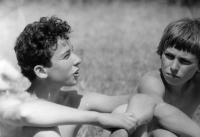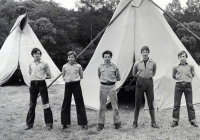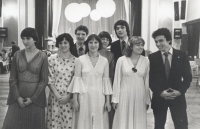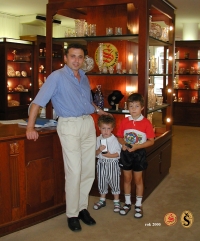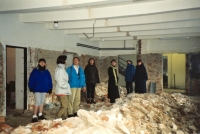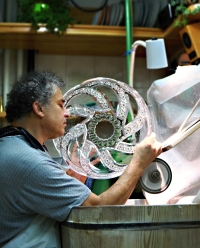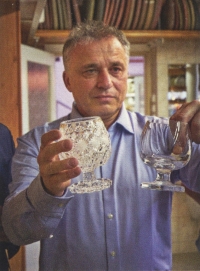The family was persecuted under communism, then he made its name famous in the world
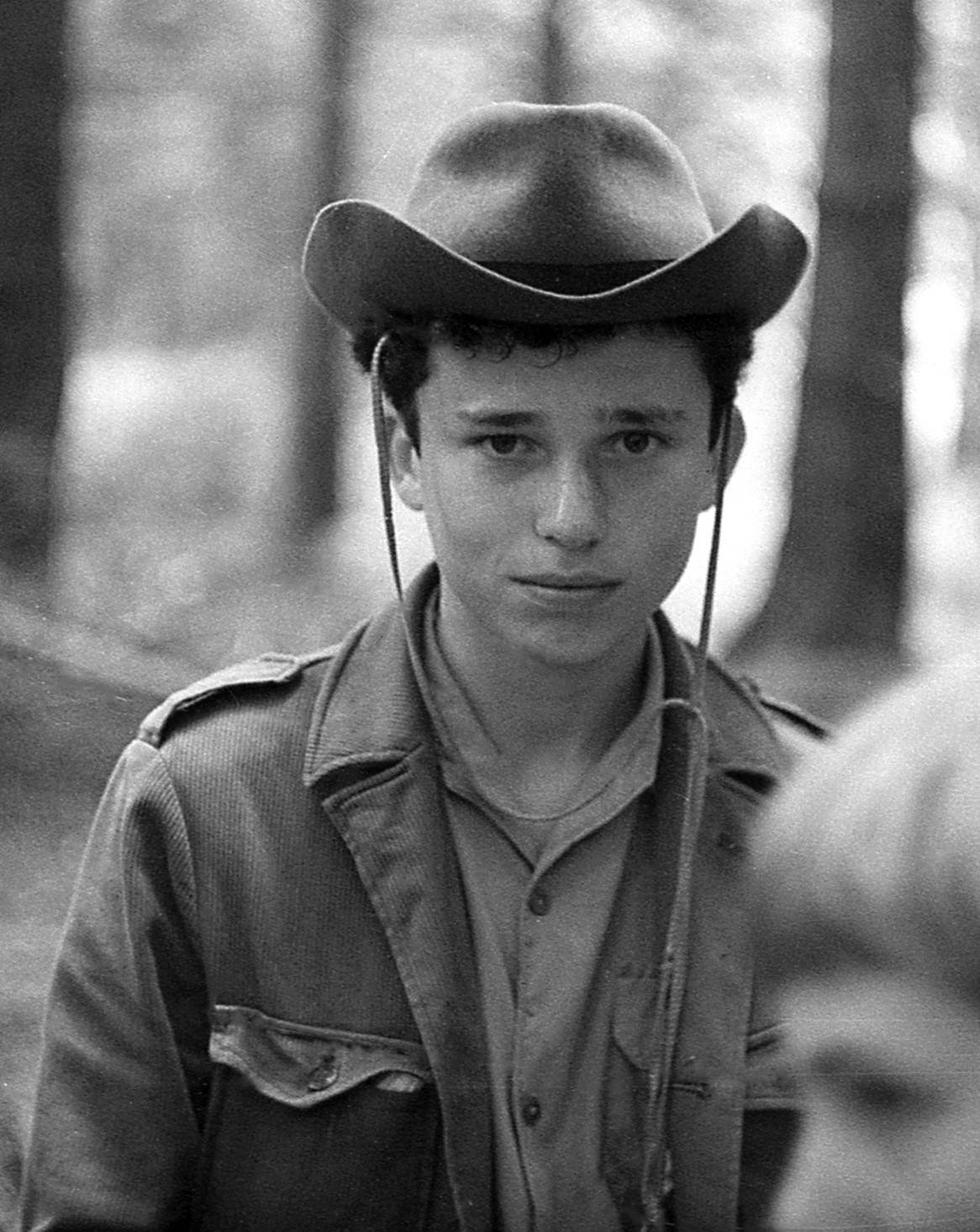
Download image
Ladislav Ševčík was born on 8 August 1962 in Liberec. His grandfather, Josef Ševčík, was sentenced to sixteen years in prison by the communists in a staged trial. Since his childhood, he was active in the Mustang Scout Troop under the leadership of Karel Švehla. He was trained as a glass cutter at the national enterprise Železnobrodské sklo. During his military service he entered the non-commissioned officer school in Karviná, but in the end he was not allowed to finish it for cadre reasons. Afterwards he continued to work at Železnobrodské sklo, but refused membership in the Communist Party of Czechoslovakia. After the Velvet Revolution, he was fired from the company and he and his wife Jitka started a private business. Since 1990 they have built a successful company Bohemia Crystal with a worldwide reputation in the field of cut and engraved glass. They supplied their products to the Japanese imperial court, the Bahraini or Malaysian royal family, as well as to all post-revolutionary Czech presidents. In 2024 Ladislav Ševčík was living in Železný Brod. We were able to record the story thanks to the financial support of the Lasvit company.
